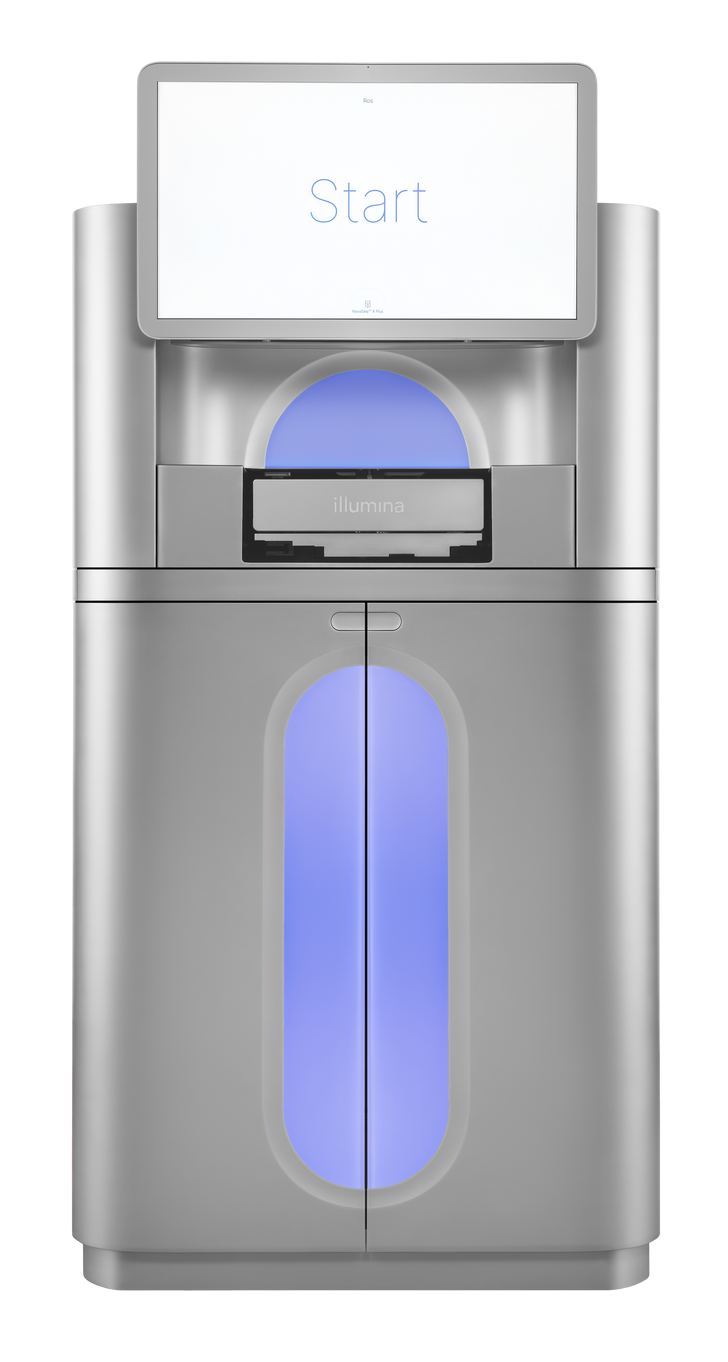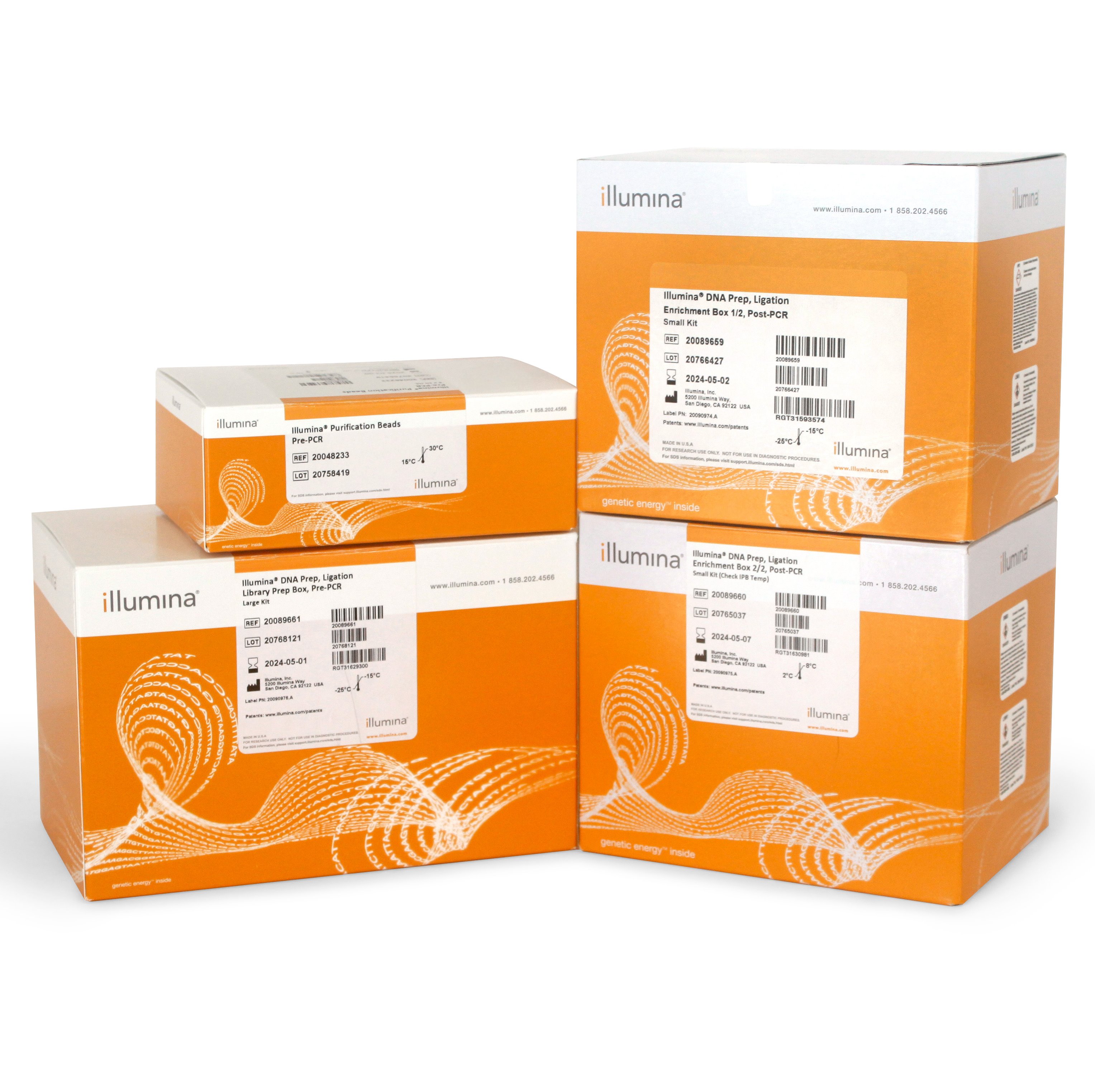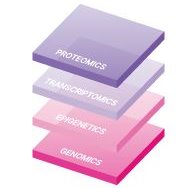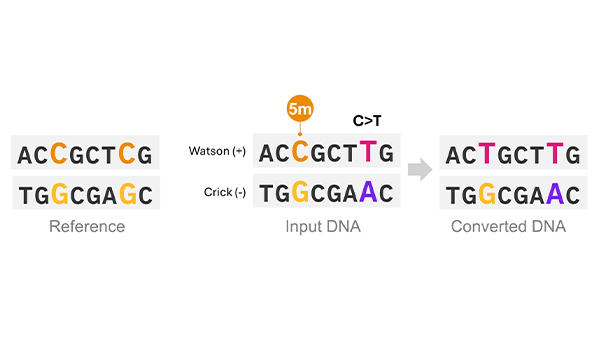September 2025
Launch the next era of proteomics
Introducing the Illumina Protein Prep, a highly accurate, scalable and streamlined sample-to-insights next-generation sequencing (NGS) based proteomics assay. This innovative solution enables large-scale proteogenomics studies to improve our understanding of disease and accelerate drug discovery.







Did you know?
Give me details
What milestone achievement happened 25 years ago in the world of genomics?

25 years of the Human Genome Project
In this edition of The Naked Scientists Podcast, we look at 25 years of the Human Genome Project.
What is it? And what has it achieved?
High-accuracy methylation profiling with less sequencing. Curious to understand how it works?

The Illumina 5-base solution delivers both methylation and variant data in a fast and highly accurate workflow.
Foundational to the 5-base solution are the highly optimized Illumina DRAGEN algorithms which distinguish 5mC from C>T SNVs. Read the article to learn in detail how the 5-base solution works.
Innovations to enable multiomics
Cell atlasing human intestine using Illumina spatial technology
Want to learn more about the power of Spatial Biology?
Watch the presentation by Chenchen Zhu from Stanford University; he dives into how Illumina spatial technology is helping build detailed cell atlases of human tissues. It’s a great example of how spatial biology is pushing the boundaries of what’s possible in research.
AI Tool Identifies Disease-Driving Promoter Mutations
Using genomic data from tens of thousands of individuals, scientists at Illumina have developed a deep neural network that can predict how changes in promoter sequences will affect gene expression. Published in Science, the PromoterAI tool accurately identifies promoter variants that dysregulate gene expression. More details in this interview with Kyle Farh, Vice President at Illumina Artificial Intelligence Lab.
Multiomics in action
Publication highlights from the research community
Proteomics
Epigenomics
Genomics
Proteomic signatures improve risk prediction for common and rare diseases
Published in Nature Medicine, researchers analyzed plasma proteomic data from UK Biobank samples to assess whether sparse protein signatures could improve prediction incidence for common and rare diseases. They found that for 67 diseases—including multiple myeloma, non-Hodgkin lymphoma, pulmonary fibrosis, and celiac disease—protein-based models significantly outperformed traditional clinical models. The study highlights the potential of plasma proteomics to enable earlier diagnosis and targeted screening to enhance precision medicine.
Learn more about Illumina Protein Prep

Proteomics
Epigenomics
Genomics
Scalable screening of ternary-code DNA methylation dynamics associated with human traits
This publication in Cell Genomics outlines the design of the Infinium Methylation Screening Array (MSA) and illustrates how this newest innovation in array technology can be leveraged to make novel discoveries. The study established MSA as a highly accurate, scalable solution and revealed several interesting findings, one of which being that underappreciated 5-hydroxymethylcytosine plays a critical role in tissue identity, transcriptional regulation, and aging biomarkers.
Learn more about Infinium Methylation Screening Array
Proteomics
Epigenomics
Genomics
Whole-genome sequencing of 490,640 UK Biobank participants
By compiling whole genome sequencing data from nearly 500K participants alongside phenotypic data, the UK Biobank is enabling researchers to unlock unprecedented insights into human health, disease, and genetic diversity. Researchers identified 1.5 billion variants using DRAGEN secondary analysis and have made these data available to researchers worldwide to accelerate drug discovery and advance precision medicine.
Learn more about large-scale Whole Genome Sequencing (WGS)

Educational resources to learn more
Proteomics in Rare Disease Research Studies
Proteomics in Rare Disease Research Studies
Learn how Illumina Protein Prep (IPP) is being used by Prof. Matt Brown (Genomics England) for research studies in rare disease. Nithya Subramanian (Illumina R&D) presents an introduction to IPP, an NGS-based solution for proteomics.